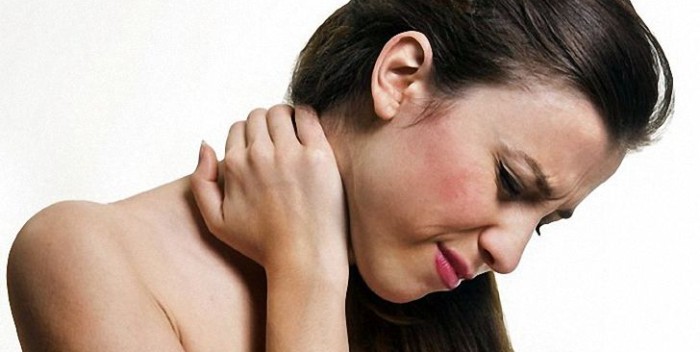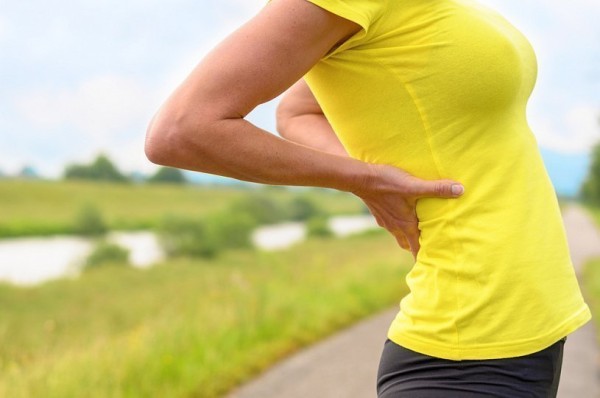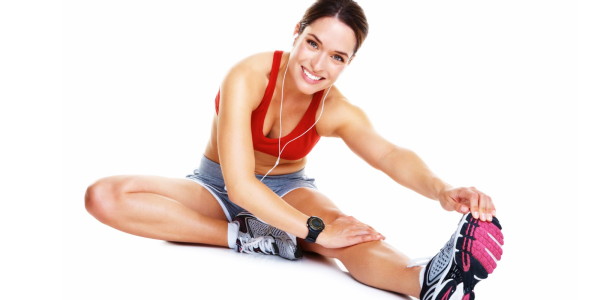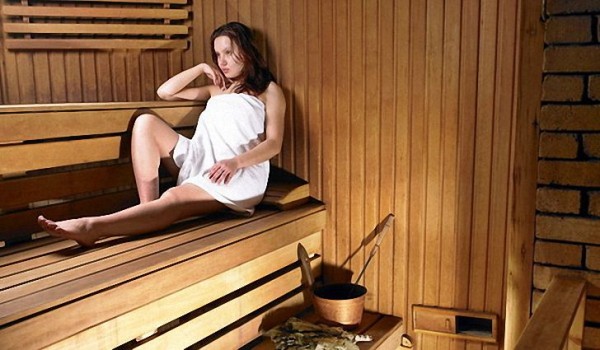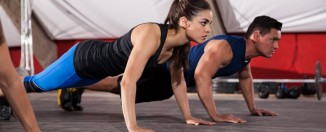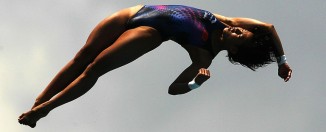Why muscles hurt and how to relieve pain
All novice athletes face muscle pain. As they say, if after exercise you did not feel discomfort in the muscles, then it means that you did not exercise at full strength. Painful sensations after an active workout are quite normal, but still cause some discomfort. Today we will tell you what you need to do so that the pain is not very severe and whether it can be avoided in the future.
Why do muscles hurt?
Intense training puts a strong load on the muscle frame and, as a result, untrained muscles begin to ache after exercise. The main factors of muscle soreness after training are listed below, and we will tell you how you can deal with it. In addition, body pain can cause colds, hypothermia, etc.
If the unpleasant pain sensations do not go away for more than 3-4 days and do not become less, then this may be a reason for contacting a doctor.
Why muscles hurt after exercise
Vigorous exercise is the main cause of muscle soreness after exercise. Why exercise causes pain There can be several factors:
- Accumulation of lactic acid. With excessive physical exertion, the body begins to release it. Within 24 hours, the blood washes out this by-product. For the body, apart from discomfort, it does no harm.
- Microtrauma of muscles. The increased load sometimes leads to micro-tears of the muscles, which causes pain about 48 hours after exercise. This is absolutely harmless, because in this case there is a faster release of the body from toxins and toxins.
- Lack of moisture. If the body feels a lack of water, then after training, you can feel muscle pain. However, in this case, in addition to pain, you can also feel cramps in the calf muscles. Drink plenty of water during exercise to relieve discomfort.
- Strong physical activity. Overtraining can also cause pain. This is mainly due to a lack of protein. Try adjust your diet, include in it as much as possible more protein.
- Trauma is another cause of muscle pain. In this case, swelling can be noticed on the injured area, mainly the next day.
- Performing exercises with full amplitude. Some workouts, such as the deadlift and the horizontal bench press, force those muscles to work that are rarely affected in everyday life. Therefore, if you do them with full amplitude, then after training you can feel muscle discomfort.
What to do if muscles hurt
Many athletes have already learned how to deal with these little annoyances. To avoid muscle soreness, remember to do a good warm-up before exercising and stretch your muscles after exercise.
Here are some practical tips to help you significantly lower your pain threshold:
- A post-workout contrast shower or a warm sea salt bath can quickly relieve muscle soreness.
- A visit to a Russian bath in combination with an increased drinking regime will help to quickly remove from the body harmful by-products, including lactic acid.
- The pool helps to dilate blood vessels and improve blood circulation, as a result of which the pain quickly disappears. Swimming is one of the most effective methods of dealing with body discomfort.
- You can warm up the muscles and relieve pain with massage. Use olive oil or any other massage oil for these purposes.
- Today, there is a large assortment of ointments and creams on sale that, when applied to the body, relieve pain.
- Proper nutrition contributes to the rapid recovery of the body after physical exertion. Eat More squirrel and fatty acids.
- Be sure to include in your cardio schedule. With such a load, more oxygen enters the body, which helps to increase blood supply and get rid of lactic acid.
Unpleasant sensations in the muscles - of course, on the one hand, discomfort, but on the other hand, it means that you have worked well on your body and will soon see amazing results. Try to eat right and follow all the recommendations above, then there will be less pain.
